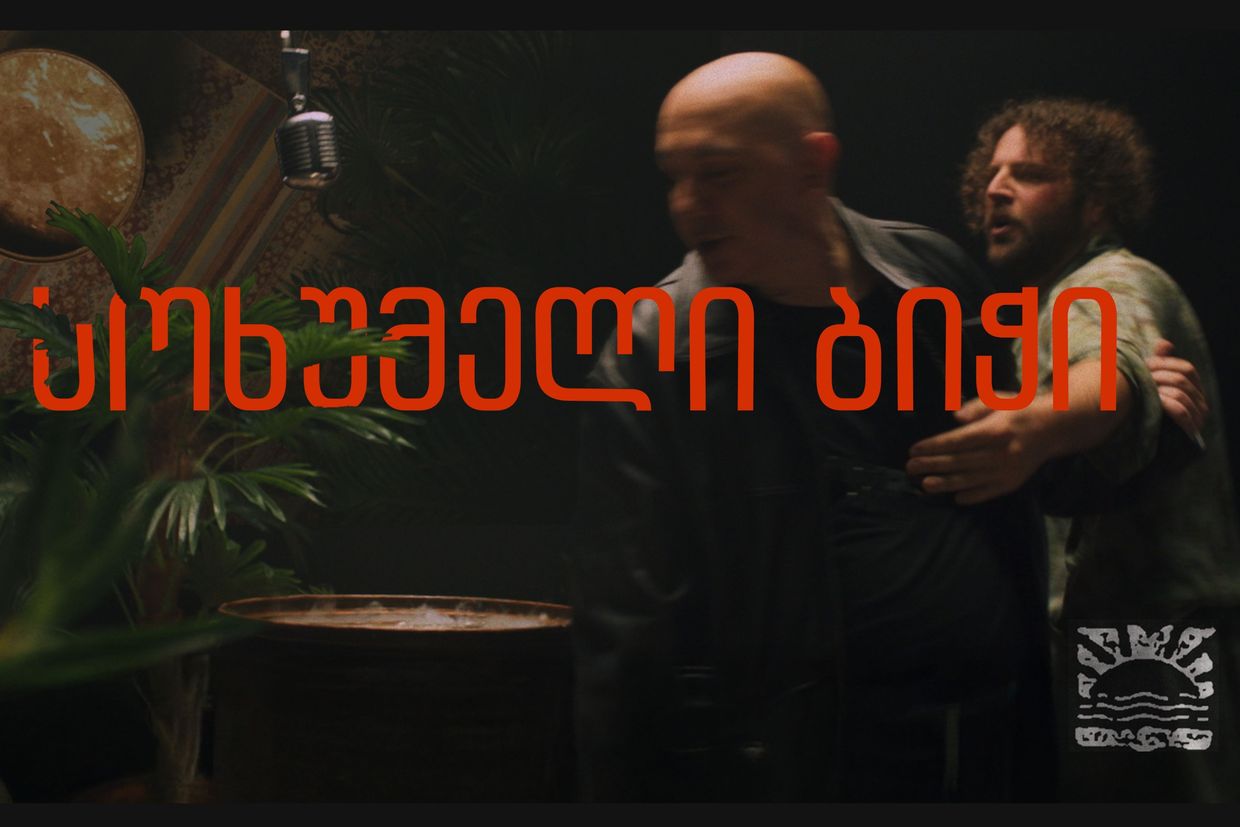
Editor’s Note: This article has been updated to include a comment from the South Korean Embassy in Georgia.
An Abkhazian–Korean cultural centre has opened in Seoul, South Korea, which plans to host concerts, exhibitions, and other events to help promote Abkhazian culture and foster cooperation.
The centre officially opened on 23 September, in a ceremony attended by Abkhazian Culture Minister Daur Kove, as well as several South Korean MPs.
In an address at the opening, South Korean MP Ahn Ho-young said ‘I believe that this centre will become a platform for active engagement’, and that it would ‘strengthen friendship and mutual understanding between our peoples’, the media outlet Abkhaz World reported.
South Korean official Songjin Kim told the Abkhazian government-run media outlet Apsnypress that ‘Korea and Abkhazia have a lot in common’.
The South Korean media outlet NBNTV covered the opening of the centre as well, presenting Abkhazia as a ‘newly independent state’ that would create investment opportunities for South Koreans.
NBNTV’s article made no mention of Georgia.
South Korea has never recognised the independence of Abkhazia, with Seoul continuing to view it being legally part of Georgia.
Commenting on the matter, the South Korean Embassy in Georgia told Netgazeti that ‘the government of [South] Korea does not recognise Abkhazia as an independent state’. They noted that South Korea has a presidential system, ‘where the parliament and the executive (government) are separate’.
‘A parliamentarian’s actions do not always align with or reflect the government’s position. This is precisely such a case’, the embassy added.
The Georgian Foreign Ministry has not commented on the issue.
For ease of reading, we choose not to use qualifiers such as ‘de facto’, ‘unrecognised’, or ‘partially recognised’ when discussing institutions or political positions within Abkhazia, Nagorno-Karabakh, and South Ossetia. This does not imply a position on their status.

This article was translated into Russian and republished by our partner SOVA.










